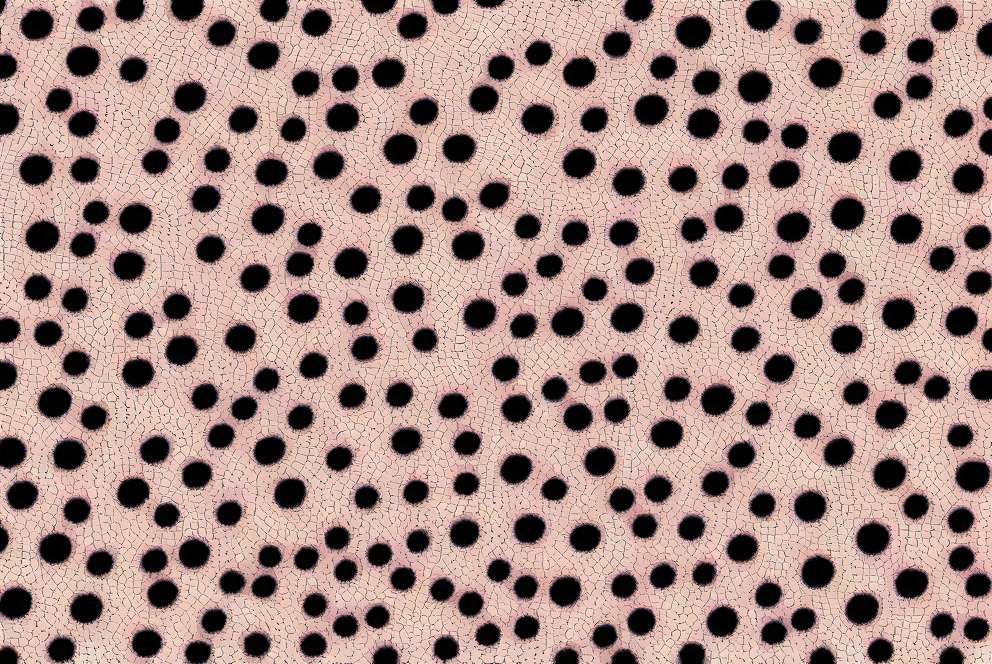Identify AIDS-like disease
April 2024

The regenerative medicine It is a concept that for many older people may seem fiction, but is currently a specialty in many universities around the world. Regenerative medicine has as its purpose speed up the process of the rhythm of sanitation of our body, on a clinically relevant time scale according to the description of the American researcher, Alan Russell.
Health systems around the world have begun to have problems to meet the demand for their services and expect more in the near future, due to the increase in the population of older adults. One area of importance in this type of medicine is cell therapy, which bases its operation on tissue engineering and the administration of subcellular elements, to replace cells damaged by healthy cells through various processes, publishes the portal of Cuban medicine Imbiomed .
We must take into account that the cells in our body continuously they are renewed In natural processes, the cells of your skin live approximately 7 days and the body replaces them with new cells. All the cells of our skeleton are totally regenerated in approximately 7 years. What modern medicine wants to decipher, is how the body's regenerative processes can be imitated to cure diseases that require these systems.
Among the diseases in which one could progress significantly thanks to this medical specialty, are the cardiovascular, peripheral arteriopathies, degenerative neurological diseases, diabetes mellitus, bone lesions, cornea, among many others.
According to the research of the UNAM, Tissue Regeneration and Degeneration: from Embryogenesis to Regenerative Medicine, there are three common destinies of a cell in development. In response to signals surrounding it at a specific time, it may respond dying, proliferating or differentiating , depending on its interaction with other cells, with the extracellular matrix and its growth factors.
The so-called embryonic or fetal stem cells are undifferentiated cells, that is, they do not have a specific specialization to cells responsible for the functioning of tissues or organs. They have the ability to renew themselves and can help in the regeneration of other tissues.
It is through the process of differentiation, that these cells can become specialized cells, which can be from neurons to muscle cells. These cells are also popularly known as stem cells, thanks to their high capacity differentiation.